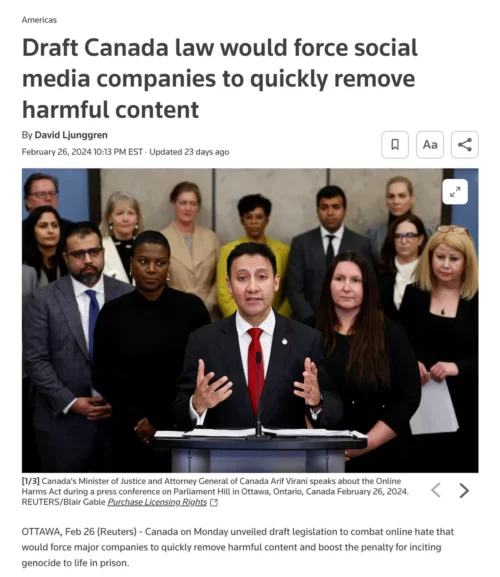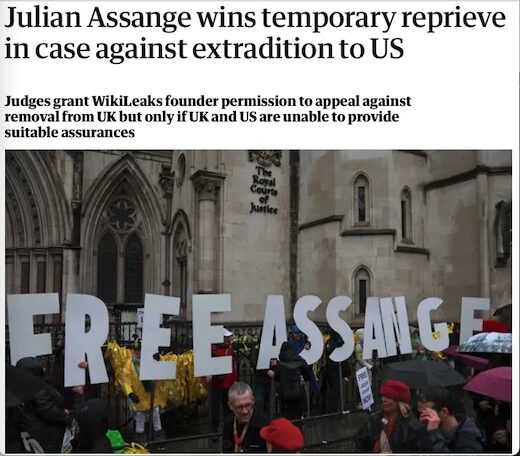One of the most essential branches of English liberty is the freedom of one’s house. A man’s house is his castle.
—James Otis, Revolutionary War activist, on the Writs of Assistance, 1761
What the Founders rebelled against—armed government agents invading homes without cause—we are now being told to accept in the so-called name of law and order.
Imagine it: it’s the middle of the night. Your neighborhood is asleep. Suddenly, your front door is splintered by battering rams. Shadowy figures flood your home, screaming orders, pointing guns, threatening violence. You and your children are dragged out into the night—barefoot, in your underwear, in the rain.
Your home is torn apart, your valuables seized, and your sense of safety demolished.
But this isn’t a robbery by lawless criminals.
This is what terror policing looks like in Trump’s America: raids by night, flashbangs at dawn, mistaken identities, and shattered lives.
On April 24, 2025, in Oklahoma City, 20 heavily armed federal agents from ICE, the FBI, and DHS kicked in the door of a home where a woman and her three daughters—all American citizens—were sleeping. They were forced out of bed at gunpoint and made to wait in the rain while agents ransacked the house, confiscating their belongings.
It was the wrong house and the wrong family.
There were no apologies. No compensation. No accountability.
This is the new face of American policing, and it’s about to get so much worse thanks to President Trump’s latest executive order, which aims to eliminate federal oversight and empower local law enforcement to act with impunity.
Titled “Strengthening and Unleashing America’s Law Enforcement to Pursue Criminals and Protect Innocent Citizens,” the executive order announced on April 28, 2025, removes restraints on police power, offers enhanced federal protections for officers accused of misconduct, expands access to military-grade equipment, and nullifies key oversight provisions from prior reform efforts.
Trump’s supporters have long praised his efforts to deregulate business and government under the slogan of “no handcuffs.” But when that logic is applied to law enforcement, the result isn’t freedom—it’s unchecked power.
What it really means is no restraints on police power, while the rest of us are left with fewer rights, less recourse, and a constitution increasingly ignored behind the barrel of a gun.
This isn’t just a political shift. It’s a constitutional unraveling that hands law enforcement a blank check: more weapons, more power, and fewer consequences.
The result is not safety; it’s state-sanctioned violence.
It’s a future in which no home is safe, no knock is required, and no officer is ever held accountable.
That future is already here.
We’ve entered an era in which federal agents can destroy your home, traumatize your family, and violate the Fourth Amendment with impunity. And the courts have said: that’s just how it works.
These rulings reflect a growing doctrine of unaccountability enshrined by the courts and now supercharged by the Trump administration.
Trump wants to give police even more immunity, ushering in a new era of police brutality, lawlessness, and the reckless deployment of lethal force on unarmed civilians.
This is how the rights of ordinary Americans get trampled under the boots of unchecked power.
There was a time in America when a person’s home was a sanctuary, protected by the Fourth Amendment from unlawful searches and seizures.
That promise is dead.
We have returned to the era of the King’s Writ—blanket search powers once used by British soldiers to invade colonial homes without cause. As James Otis warned in 1761, such writs “annihilate the privilege” of privacy and due process, allowing agents of the state to enter homes “when they please.”
Trump’s new executive order revives this tyranny in modern form: armored vehicles, night raids, no-knock warrants, federal immunity. It empowers police to act without restraint, and it rewards those who brutalize with impunity.
Even more alarming, the order sets the stage for future legislation that could effectively codify qualified immunity into federal law, making it nearly impossible for victims of police violence to sue.
This is how constitutional protections are dismantled—not in one dramatic blow, but in a thousand raids, a thousand broken doors, a thousand courts that look the other way.
Let’s not pretend we’re safe. Who will protect us from the police when the police have become the law unto themselves?
The war on the American people is no longer metaphorical.
Government agents can now kick in your door without warning, shoot your dog, point a gun at your children, and suffer no legal consequences—so long as they claim it was a “reasonable” mistake. They are judge, jury, and executioner.
With Trump’s new order, the architecture of a police state is no longer theoretical. It is being built in real time. It is being normalized.
Nowhere is this threat more visible than in the unholy alliance between ICE and militarized police forces, a convergence of two of the most dangerous arms of the modern security state.
Together, they’ve created a government apparatus that acts first and justifies itself later, if at all. And it runs counter to everything the Bill of Rights was designed to prevent: punishment without trial, surveillance without suspicion, and power without accountability.
When ICE agents armed with military-grade equipment conduct predawn raids alongside SWAT teams, with little to no accountability, the result is not public safety. It is state terror. And it’s exactly the kind of unchecked power the Constitution was written to prevent.
The Constitution is intended to serve as a shield, particularly the Fourth Amendment, which safeguards against unreasonable searches and seizures. But in this new reality, the government has nullified that shield.
All of America is fast becoming a Constitution-free zone.
The Founders were aware of the dangers of unchecked power. That’s why they gave us the Fourth Amendment. But rights are only as strong as the public’s willingness to defend them.
If we allow the government to turn our homes into war zones—if we continue to reward police for lawless raids, ignore the courts for rubber-stamping abuse, and cheer political leaders who promise “no more handcuffs”—we will lose the last refuge of freedom: the right to be left alone.
As I make clear in my book Battlefield America: The War on the American People and in its fictional counterpart The Erik Blair Diaries, the Constitution cannot protect you if the government no longer follows it—and if the courts no longer enforce it.
The knock may never come again. Just the crash of a door. The sound of boots. And the silence that follows.
The post Home Invasions on the Rise: Constitution-Free Policing in Trump’s America first appeared on Dissident Voice.This post was originally published on Dissident Voice.



















